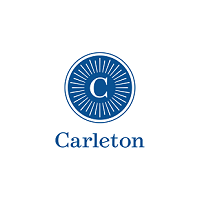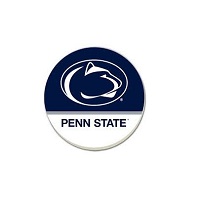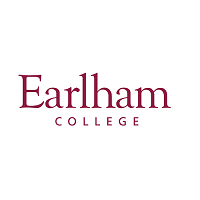How to Speak like a True Dub!
By Katie Arango
Oh, so you thought they spoke English in Ireland, did you? No need to feel like an eejit, you’re not the only one! To clear up this common misconception and in honor of our brand new internship and volunteer programs in Dublin, Ireland we’d like to offer this survival guide to speaking Irish.
Everyday chit chat
Ireland is known as the ‘Land of a Thousand Welcomes’ so you’re bound to run into a lot of friendly people! When you want to greet a Dubliner on the street, you’ve got several different greetings to choose from that all essentially say hello and ask how the other person is. Some of our favorites include Howya?, Story bud? and How’s the form?
The Irish are quite good at making fun of themselves and (others!) but don’t worry if you become a target, it’s a gesture of friendship – as your new Irish friends might say, ‘sure we’re only slagging!’. These guys are famous for their unique, self-deprecating humor and hilarious story telling. Let’s imagine you’re sitting in a pub, listening to an animated Irish person tell an exciting story, you can exclaim disbelief like a local by saying Ahhh bejaysus! Janey Mack! or Get up the yard!
Pubspeak
Let’s face it. The odds of you heading over to Ireland for any length of time and not setting foot in a pub are, well, non-existent. And if you plan to spend time in a traditional Irish pub, you better know how to communicate! A jar refers to a pint and if you’ve had a few too many, you’re balubas or langers (drunk) so try not to do anything that would make you morters (embarrassed) the next day! When you need to use the restroom, ask for the jacks. By all means, go out and meet people and make friends, but stay away from chancers and messers (dodgy characters)!
Synonyms for “good”
In Ireland of course you can definitely get away with saying you had a great night last night, or that party was really cool, but really, where is the fun in that? When in Ireland, do like the Irish do, which means using one of these more colorful and sometimes counterintuitive terms to talk about something awesome. If it’s great say it’s deadly, if it’s fun try gas and anything you feel reasonably positive about can be pronounced grand! For something deserving higher praise don’t say it’s excellent – try a nonchalant ‘Lads that was savage!’ or even simply ‘Mighty!’ And on the flip side, instead of boring old terrible, why not try desperate? No one will ever suspect you didn’t grow up on the Emerald Isle herself.
If you’ve learned nothing else from this post, learn Craic!
Like all the best words out there, there is simply no English translation, but craic in essence, means fun. “A fun time had from hanging out with friends, telling jokes, sharing a laugh, socializing and (typically) drinking” is probably the most all-encompassing way to define this Gaelic word. It’s important to note that craic is actually pronounced “crack”, so when you hear Irish people talking about how they are looking to find some craic tonight, don’t get the wrong idea! Instead, join them in their pursuit and see if you can experience some genuine Irish craic first hand.
So, stop acting the maggot, get to studying your Irish slang, and you will be well on your way to blending in seamlessly with the locals on your next trip to Ireland! Next up – start working on your accent!
Katie, a US native, had traveled to Buenos Aires on several extended trips before the citys lure became too strong and she decided to call it home. Long fascinated by the global scene, Katie earned a degree in International Studies from Miami University and spent time studying and living in Madrid, Spain. She then worked in marketing for an international board game company followed by a brief foray as an online community editor for several websites before joining the Connect-123 team. Still a tourist at heart herself, Katie loves watching newcomers discover the charm of Buenos Aires and takes great pleasure in helping them make the most out of their work and volunteer opportunities while experiencing everything this dynamic city has to offer.













Here are some other phrases that may be useful… Situation: Obvious incompetence or bad behaviour by a group of people – civilians, political parties, service provider. Phrase: “They are nothing but a shower of [insert pluralised expletive]” (Shower is an Irish collective noun.) Situation: Obvious incompetence – though not necessarily intentional – by a group of people – generally a county council or other local authority body but also government department. The result of the incompetence is often a visible physical reminder. Phrase: “They made a pure hames of that!”